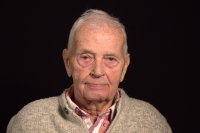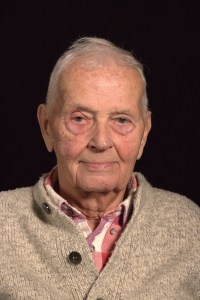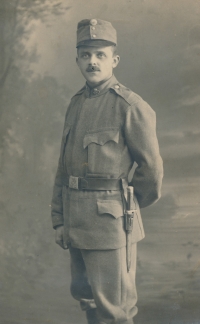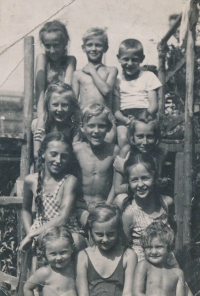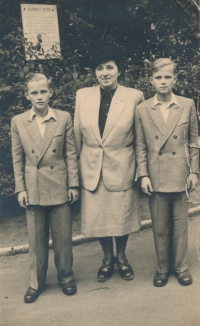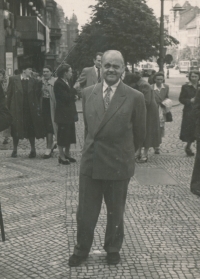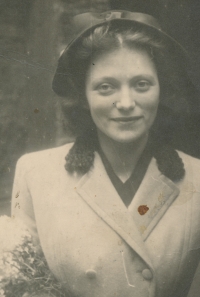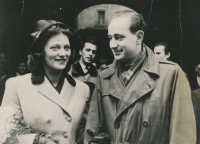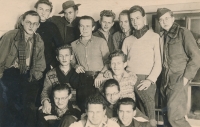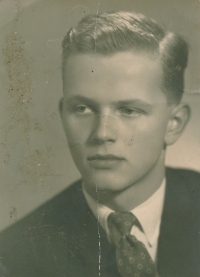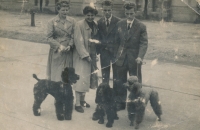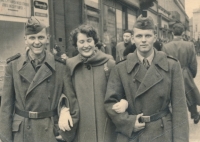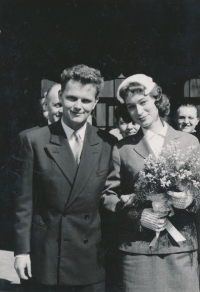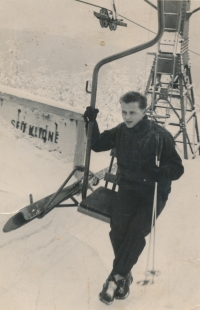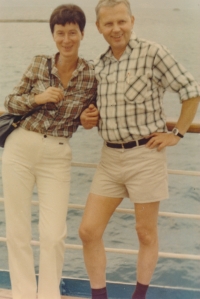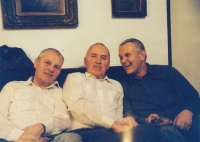I always made sure to avoid getting involved with the communists
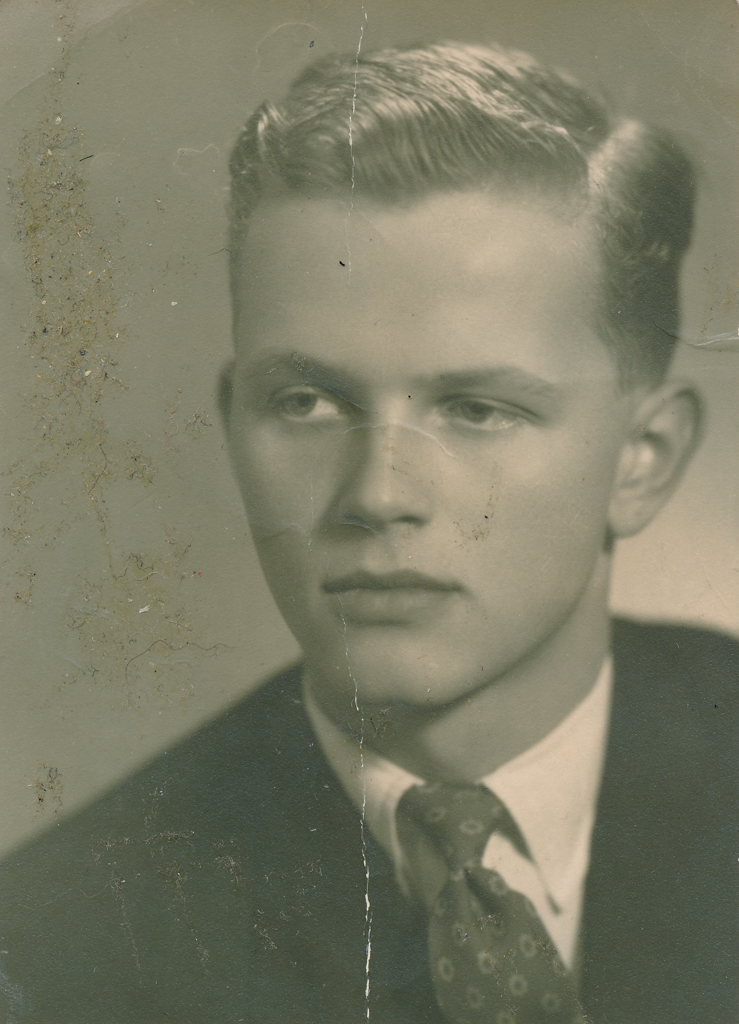
Stáhnout obrázek
Samuel Machek was born to Anna and Otakar Macheks in Ústí nad Orlicí on 29 April 1932. From his age four on, the family lived in Prague’s Žitná Street where they owned a bespoke clothing salon. This is where he witnessed the Nazi occupation of Czechoslovakia in March 1939. During the final year of the war, the Machek family gave shelter to Jan Chobotský, a half-Jewish young man who had fled from the labour camp in Bystřice near Benešov, for several months. Aged 13, Samuel helped build barricades during the Prague uprising. That was also when he witnessed Czechoslovak citizens beating a surrendering Nazi soldier to death with a steel rod. In the morning on 9 May, he saw another group of people burning alleged Schutzstaffel (SS) officers to death near the National Museum. He joined the Junák boy scout organisation after the war. He started studying at a business academy in 1947 and graduated in 1951. During that year, his brother Otakar Machek gave shelter to Rudolf Holata, a collaborator of an American intelligence service. Otakar Machek was sentenced to five years in prison in 1956; he eventually served three and a half years. Samuel Machek served in the military in Plzeň in 1952–1954. From 1954, he worked at the transportation section of Stavby silnic a železnic (Road and Railway Building). He worked as a taxi driver from 1970 on. Samuel Machek was living in Prague in 2023.
